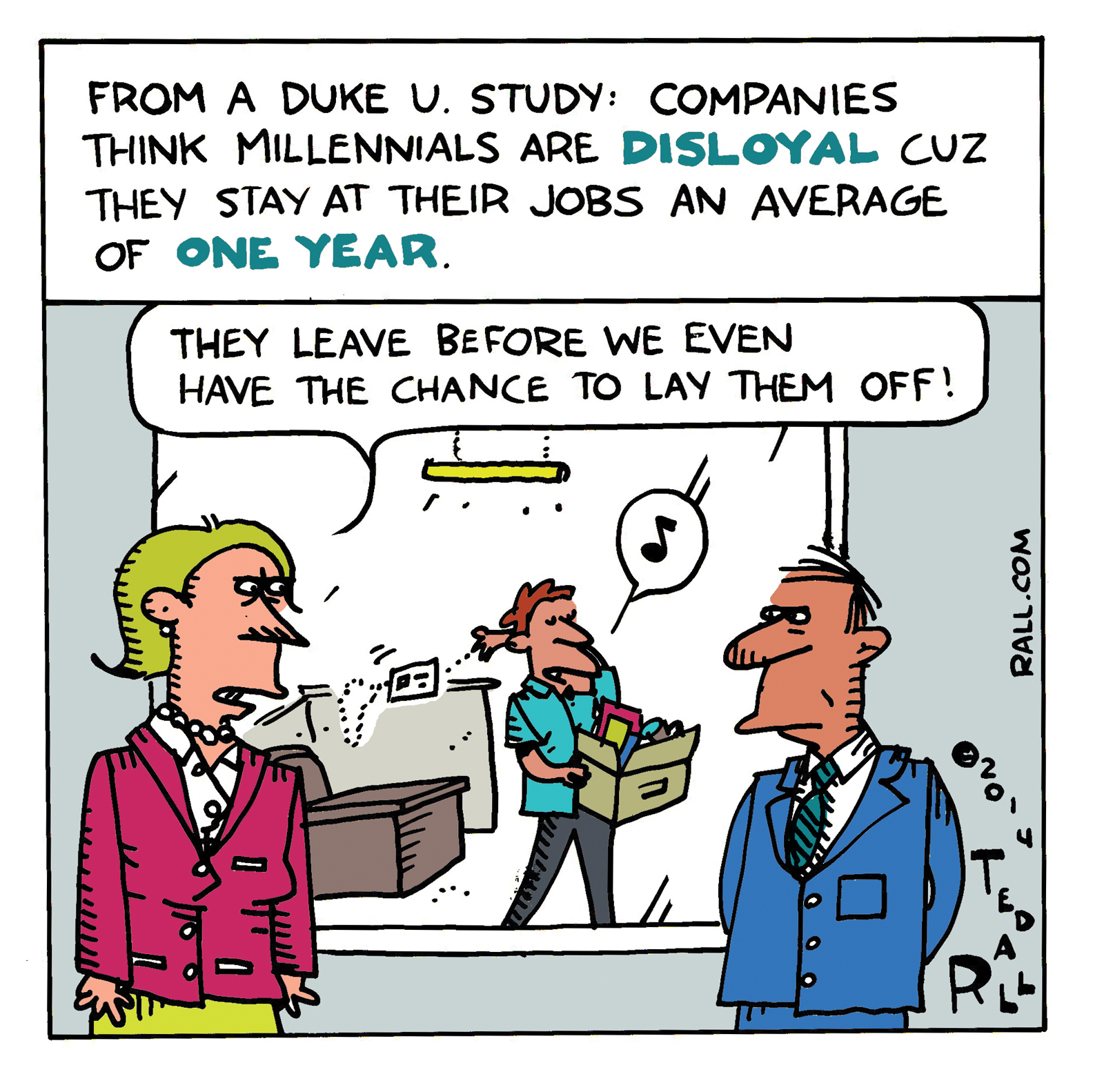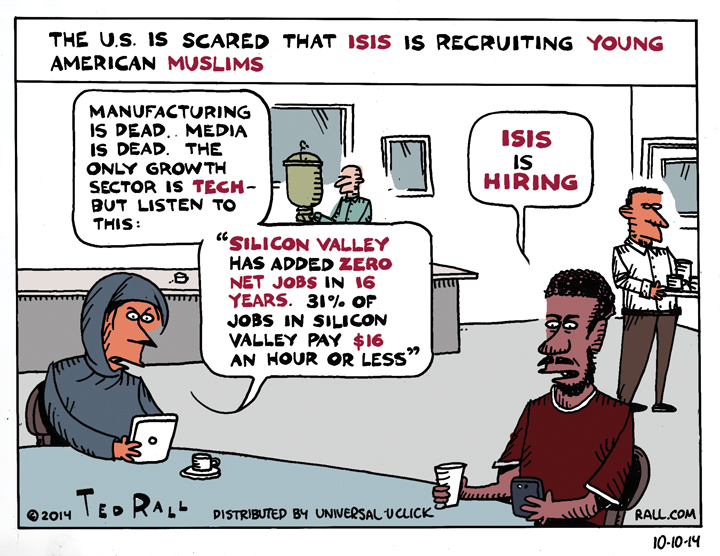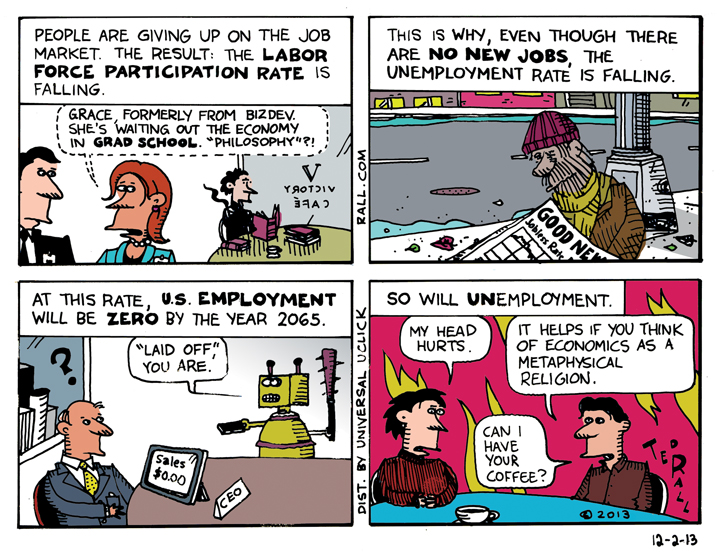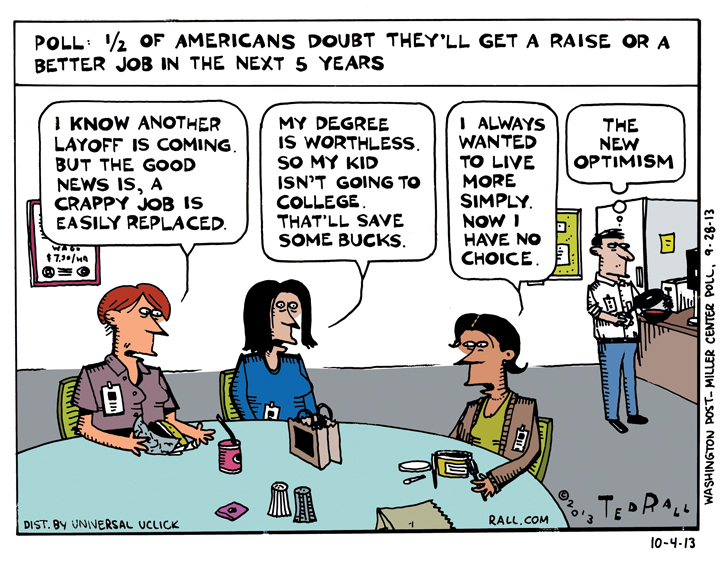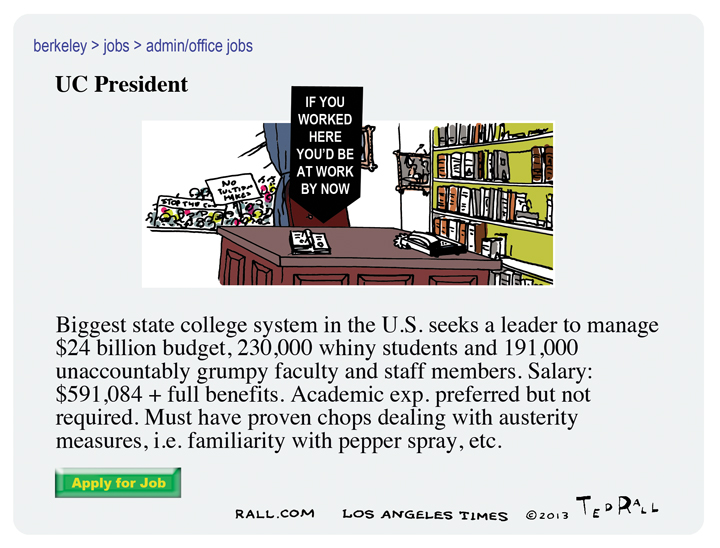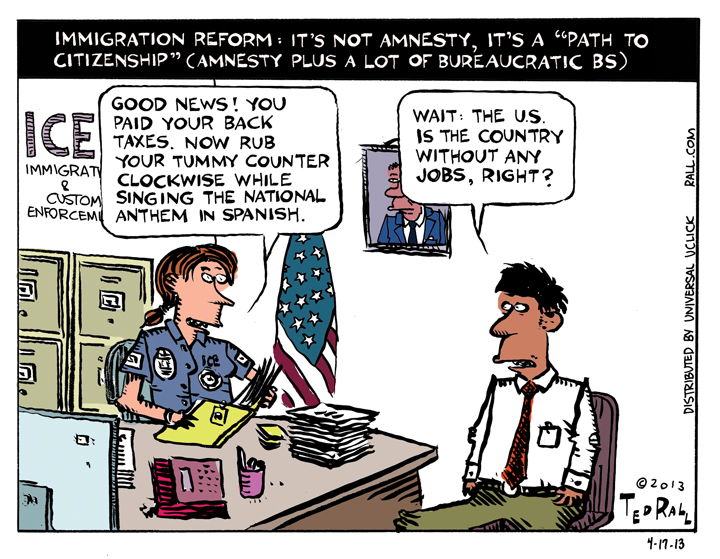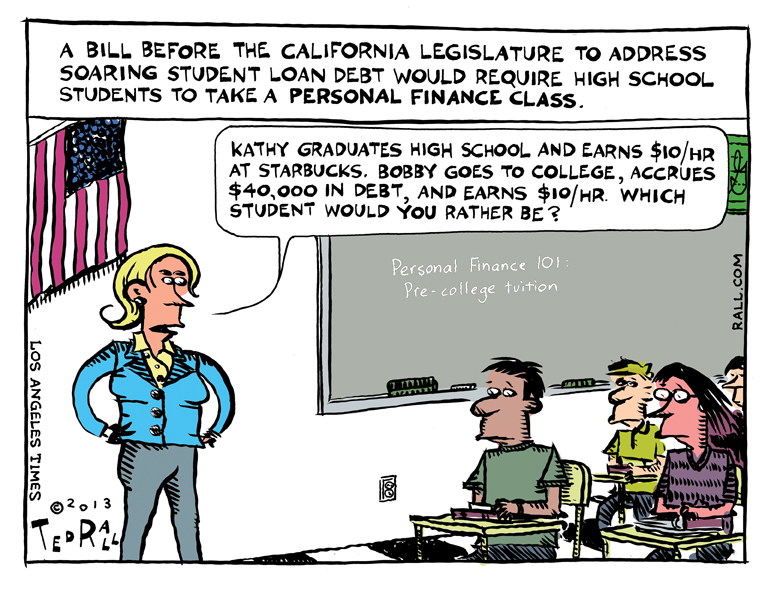Originally published at ANewDomain.net:
If you’re in a hurry, I’ll skip straight to the biggest reason not to watch President Obama’s 2015 State of the Union address: these things are always hyped, yet they are never good. Think about it. Year after year, pundits tell you to expect big things from the SOTU, but we’re always disappointed.
This is the political version of Lucy offering to hold the football for Charlie Brown so he can kick it. Okay, you can go wash the car or whatever.
Still here? Okay, here’s another reason to skip the so-called big speech: Obama is the lamest of all lame ducks, so nothing he says really matters anyway. He’s got two years to go, but really he’s got less than one year left because the presidential election campaign season begins this September. And there’s no way he’s going to get much traction with a Republican Senate and a Republican House, both of which hate him to various degrees.
If you’re still reading, you’re like me — the kind of political junkie who will watch tomorrow night’s SOTU out of pure multiple-car-pile-up voyeurism.
Like the Grammys.
Not that there’s anything wrong with that.
Senior Obama political advisor Dan Pfeiffer says the theme of the speech will be jobs: “How we make paychecks go farther right now; how we create more good-paying jobs right now; and how do we give people the skills they need to get those high-paying jobs.”
Well, ain’t that sweet.
Correctly if I’m wrong, but as I recall, Pfeiffer’s boss came into office in the middle of the great economic meltdown of 2009, when America was shedding 800,000 jobs a month. Back then, people like Nobel Prize-winning economist Paul Krugman (and, ahem, moi) suggested that the government ought to step in with a WPA-style jobs program that would have directly employed millions of Americans to rebuild the country’s crumbling infrastructure and build things like national high-speed rail. Rather than bail out Main Street, however, the White House chose to bail out their buddies on Wall Street. As a result, millions of people lost their homes, millions more lost their jobs, and workforce participation has plummeted, putting a serious crimp on the mini recovery that appears to have begun late last year.
In short, better late than never. Or maybe it’s the same exact thing, since whatever chance there was of cooperation with Congress evaporated with the results of the 2014 midterms.
Faced with low expectations of progress, Obama’s speechwriters faced a choice between aiming high – setting the bar for what Democrats favor and will be fighting for in 2016 – and low, asking for legislation so modest in scope yet popular that Republicans would look bad for refusing. Instead, they opted for a third choice: proposals so ridiculously unambitious that Republicans can ignore them because no one will care whether they pass or not.
For example, Obama will ask Congress – though probably not loudly – to require employers to provide workers with seven paid sick days a year. Given the fact that the United States and Papua New Guinea are the only two countries in the world that don’t guarantee paid sick days – that’s right, Afghanistan, Iraq and North Korea do — you’d think that this would be the sort of thing that even pro-business Republicans could get behind, and they could if the winds were in their faces rather than at their backs.
The same thing is true about his so-called plan – I say so-called because if it was really a plan, it should have been announced years ago – to provide free community college tuition to students who attended at least half-time and kept their grades up. Sure would’ve been a good idea if he’d been willing to spend some political capital on it to make it happen.
This is what has been so frustrating about this president. Time was the one thing he didn’t have to waste, yet he has been casually golfing his way through both his terms as the income and wealth gaps continue to widen. Imagine what he could have accomplished had he acted immediately upon taking office in 2009, when he enjoyed control of both houses of Congress, sky-high opinion polls, and the adoration of the media.
Now it’s way past way too late. At this point, it’s annoying to watch him pretend to try to wake up.

